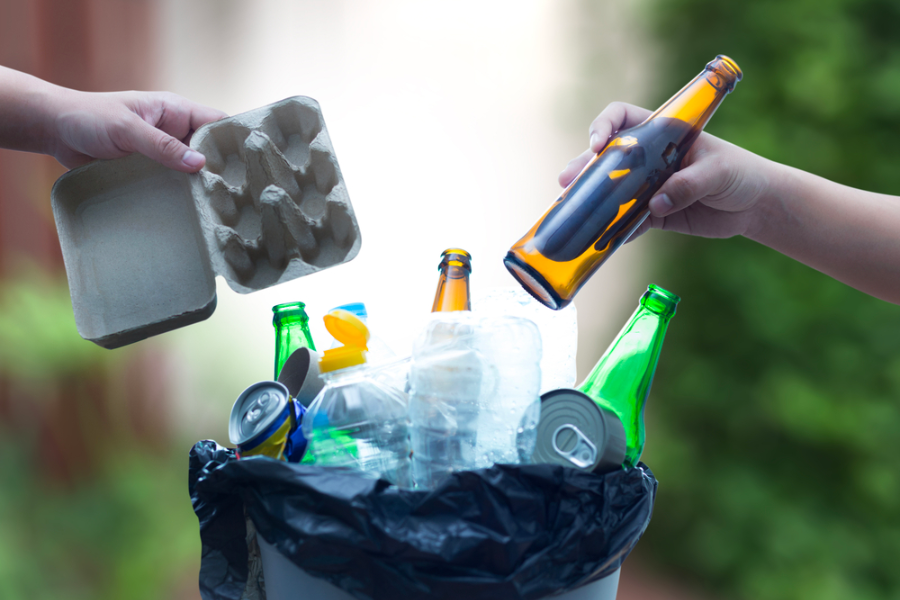Yale Office of Sustainability
We are proud to welcome the Yale Office of Sustainability as a supporting advisory member of NERC
The vision of Yale Office of Sustainability is “of a Yale where sustainability is seamlessly integrated into the scholarship and operations of the university, contributing to its social, environmental, and financial excellence and positioning Yale as a local and global leader.” The Office focuses its sustainability priorities in three primary areas:
- Climate Action: take urgent action to mitigate climate change and proactively adapt to its effects;
- Stewardship: plan and preserve resilient and sustainable infrastructure and landscapes; and
- Materials: ensure sustainable consumption and disposal patterns.
Unsurprisingly for an office in one of the nation’s elite universities, the Office of Sustainability offers a wealth of information and research on its website. Focusing on the third priority—materials—we find that Yale was the first American institution of higher education to explore a Pay As You Throw program; has encouraged reuse of products via its annual Spring Salvage donation program for the past 18 years; and has included healthy furniture purchasing guidelines as part of its design standards, to eliminate the presence of flame retardants and other toxic chemicals in furniture. The Office’s website details how Yale advances its sustainability priorities through single stream recycling and numerous other initiatives. Among the nine ambitions of the University’s Sustainability Plan 2025 is the Procurement Department’s commitment to ensuring sustainable consumption and disposal patterns.
In a recent interview, Amber Garrard—who in January became director of the Office—described some of the challenges she encounters in her daily work.
“I spend a lot of my time thinking about big systems like energy, food, water, the built environment, and how they connect with issues of health, equity, and justice,” she said. “I consider where Yale can be an institutional leader with our policies and practices, how we can leverage our role as a major research institution through our purchasing power, and how we can test and set behavioral trends.”
During the recent Earth Week—April 16 – 22—Yale offered at least twenty events. “Yale community members can join a native plant walk led by Peabody naturalists; examine what a just energy transition looks like; sustainably unload old electronics at an e-waste collection; celebrate indigenous culture at a Powwow; hack down invasive vines in East Rock Park; explore the benefits of meditation; participate in bicycle safety training, and so much more,” the Office stated.
NERC is excited to have such a proven source of expertise on materials management join its Advisory Membership. Welcome, Yale Office of Sustainability.
For more information about the Yale Office of Sustainability click
here
Share Post





